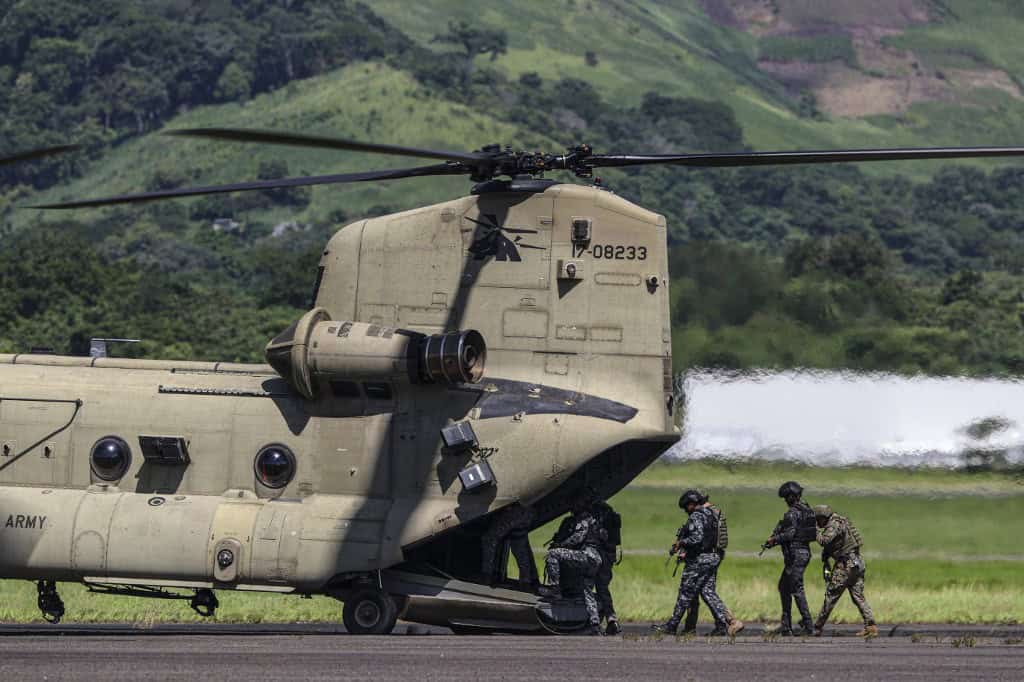In a significant escalation of efforts to counter organized crime and drug trafficking networks, the U.S. Southern Command (SOUTHCOM) has deployed more than 4,500 Marines and Navy personnel as part of a maritime-focused operation across the Caribbean Sea and Latin American waters. The deployment, which started on the 15th, aims to disrupt illicit activities that have increasingly threatened regional stability and security.
The operation centers on the Iwo Jima Amphibious Ready Group (ARG) and the 22nd Marine Expeditionary Unit (MEU), a Special Operations Capable force equipped for rapid response. Supported by amphibious assault ships like the USS Iwo Jima and USS San Antonio, reconnaissance aircraft, missile destroyers, and other naval assets, the units are conducting security patrols, interdiction missions, and joint exercises with partner nations. These activities are designed to enhance cooperative security, share intelligence, and improve rapid response capabilities against powerful drug cartels.
“This deployment underscores our commitment to denying traffickers safe havens and supporting our regional allies in stabilizing affected areas,” a SOUTHCOM spokesperson stated in an official release. The mission builds on recent preparatory exercises, such as the Composite Training Unit Exercise (COMPTUEX) completed in July, which honed the group’s readiness for real-world operations.
While the bulk of the deployment is maritime and not concentrated on any single country’s territory, it has sparked discussions in Panama and other nations about the implications of heightened U.S. military presence.
Official statements from the Panamanian government and regional media clarify that U.S. Marine involvement on Panamanian soil remains limited to small-scale joint training exercises, primarily conducted in July as part of initiatives like PANAMAX-Alpha. These efforts focus on jungle warfare training, humanitarian assistance, and disaster relief, with no plans for a large-scale troop presence or new permanent bases.
Panamanian officials have reiterated that all collaborative activities strictly adhere to bilateral agreements, respecting national sovereignty and local jurisdiction. “We value the enhanced security cooperation, but it must balance with protecting our independence,” a Panamanian foreign ministry representative noted in a recent press briefing.
Public discourse in the region highlights this tension, with some civil society groups expressing concerns over potential overreach, while others welcome the support amid rising cartel violence.
The operation aligns with broader U.S. strategies to bolster military posture in the Western Hemisphere, addressing not only drug trafficking but also related challenges like human smuggling and external influences. As of today, regional governments continue to monitor the deployment closely, emphasizing the need for transparency and accountability in joint missions.






